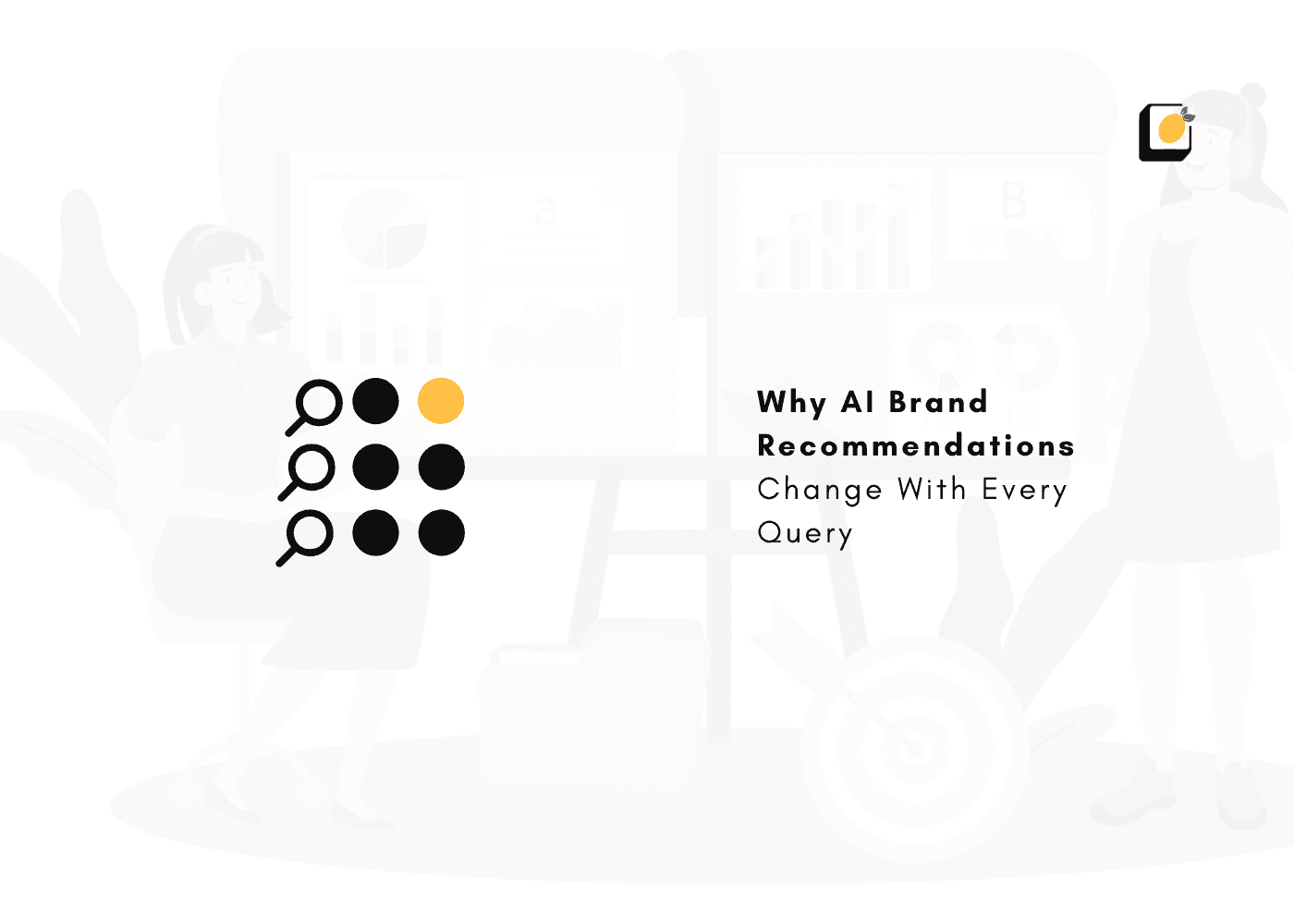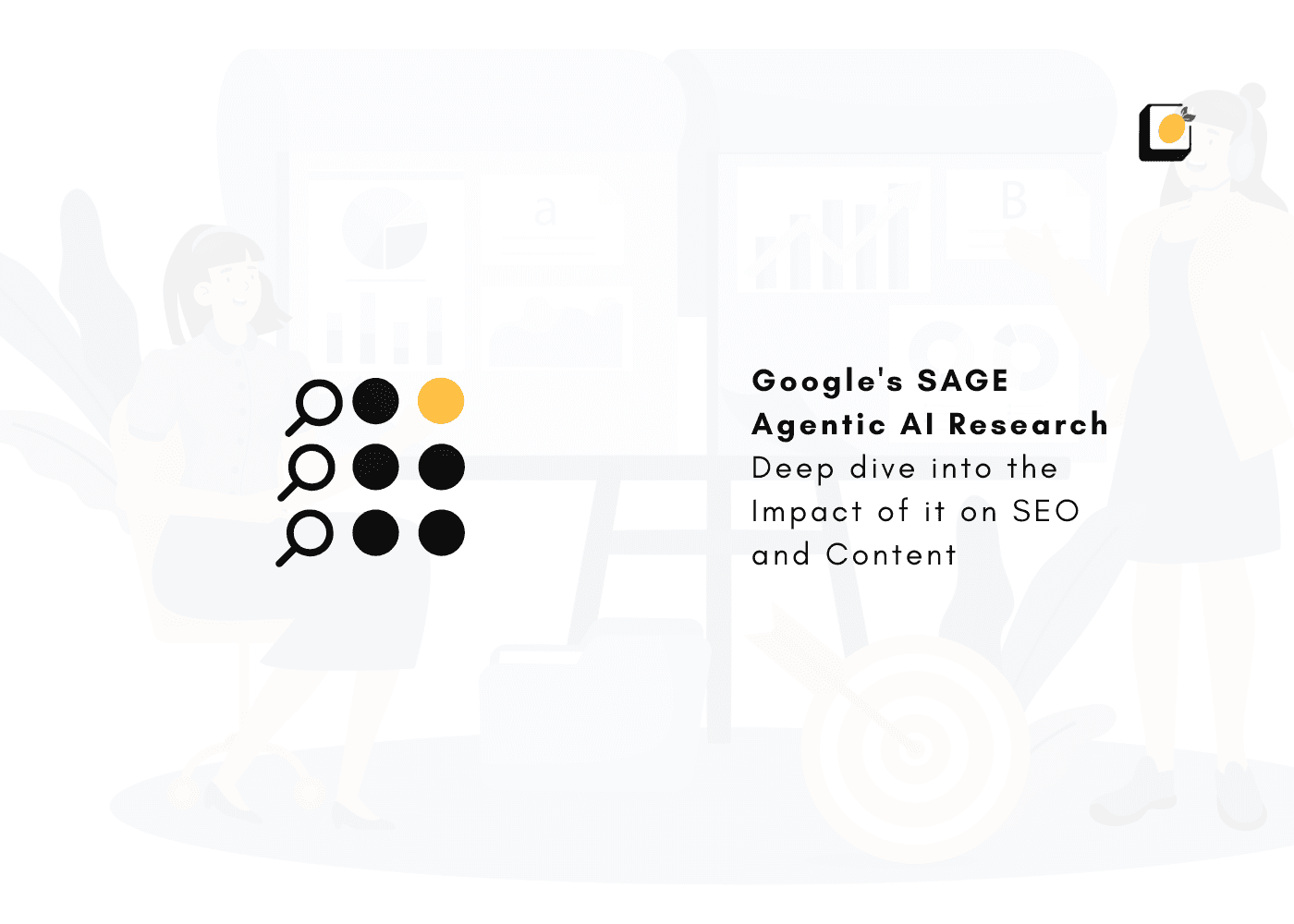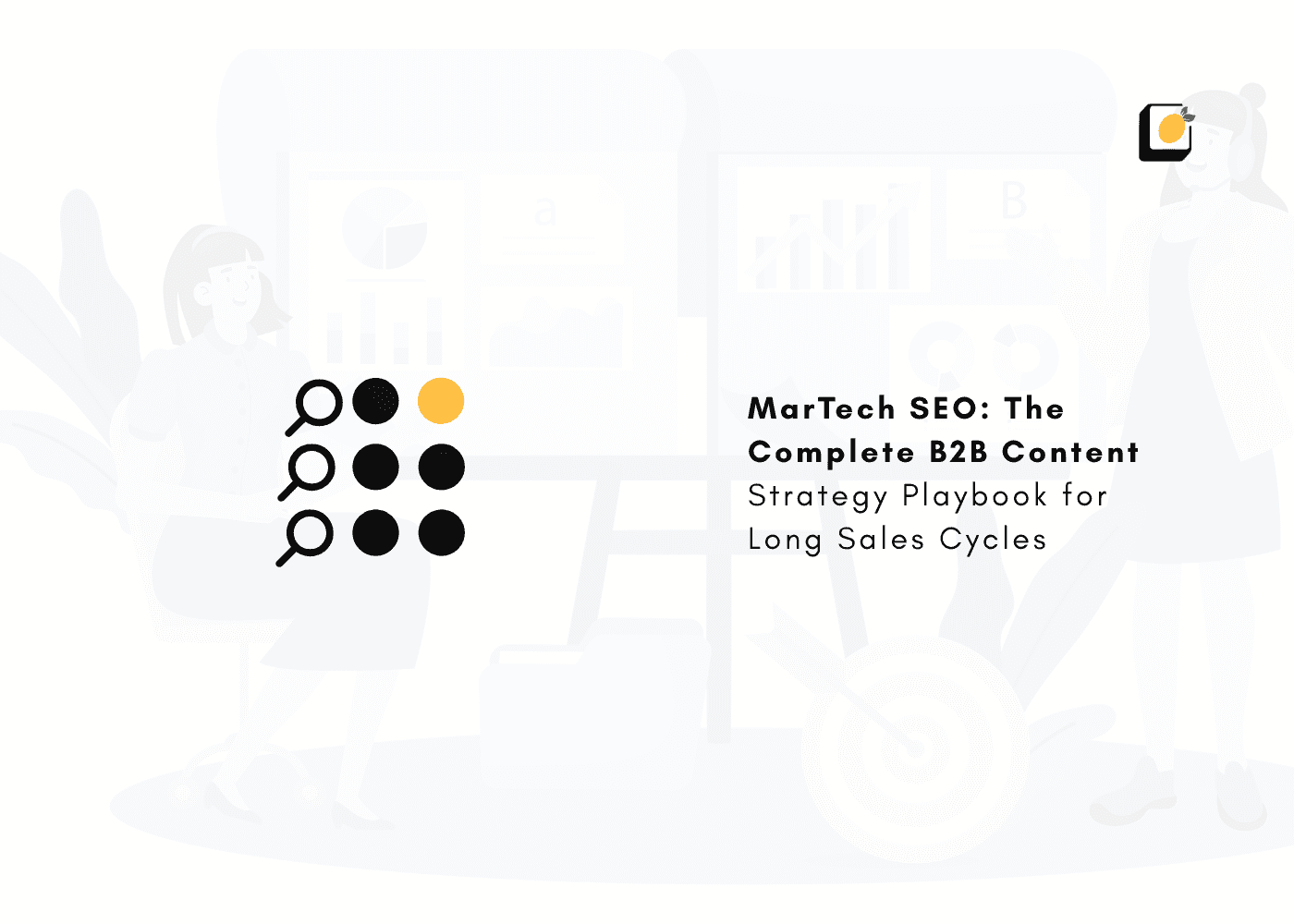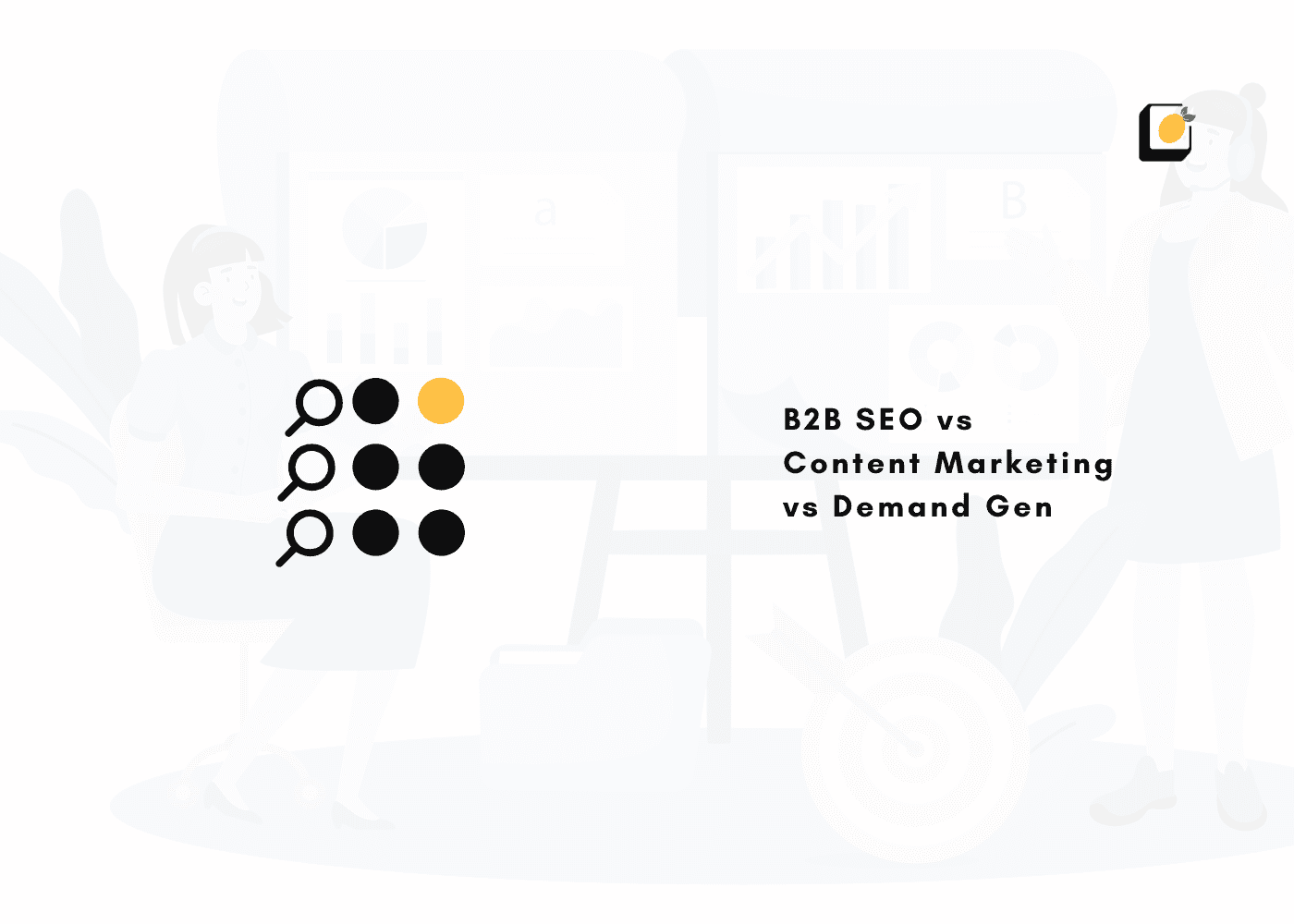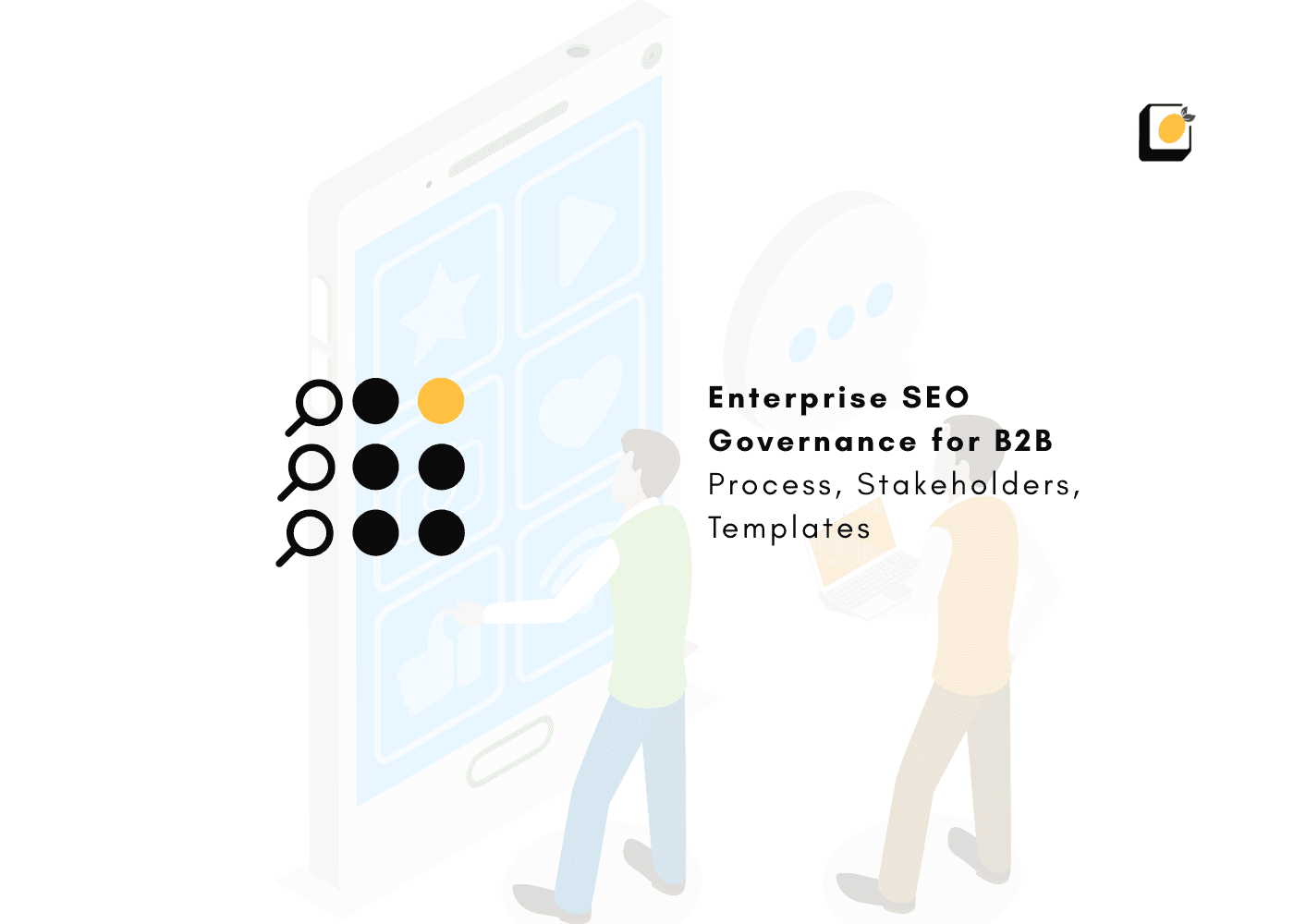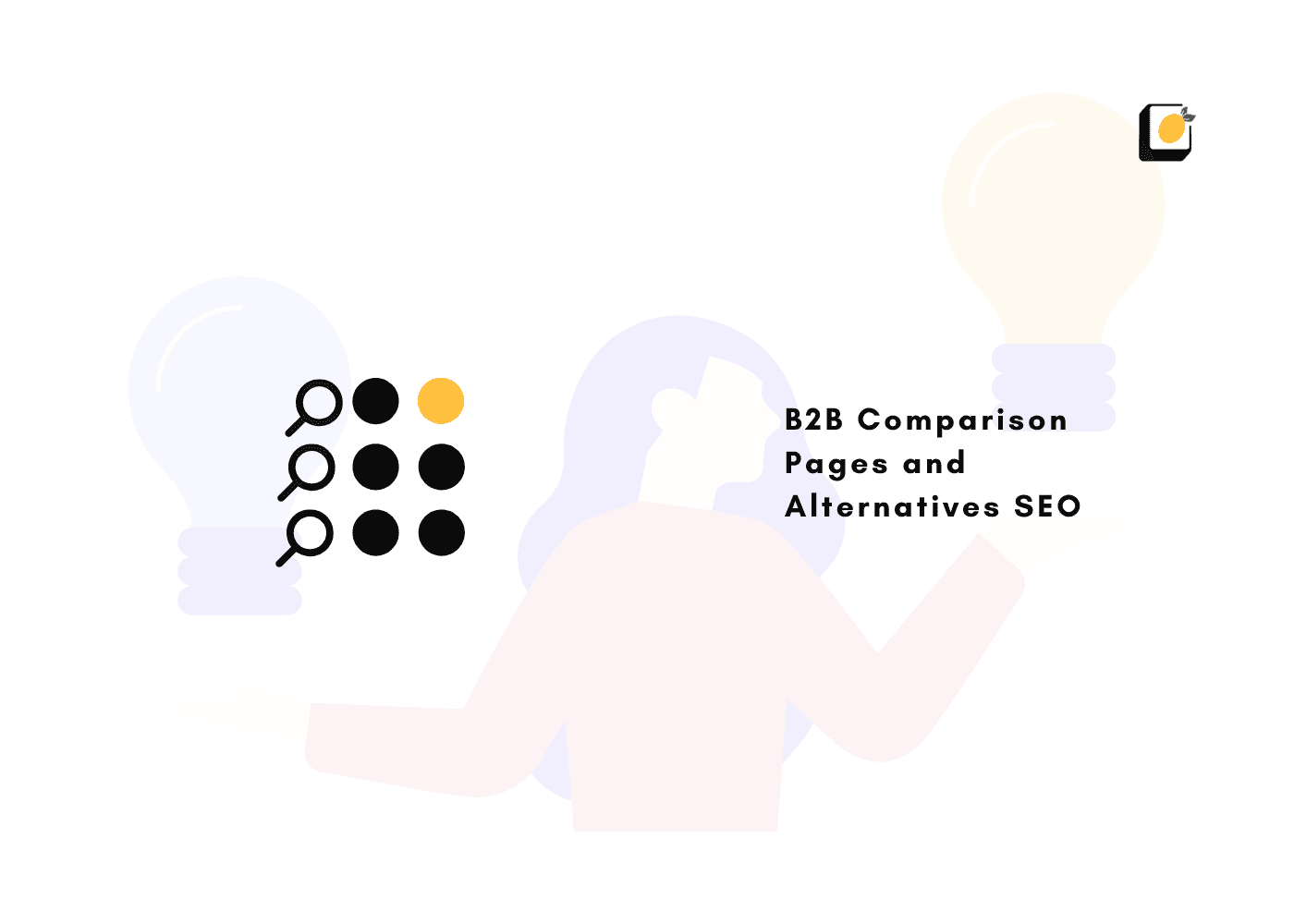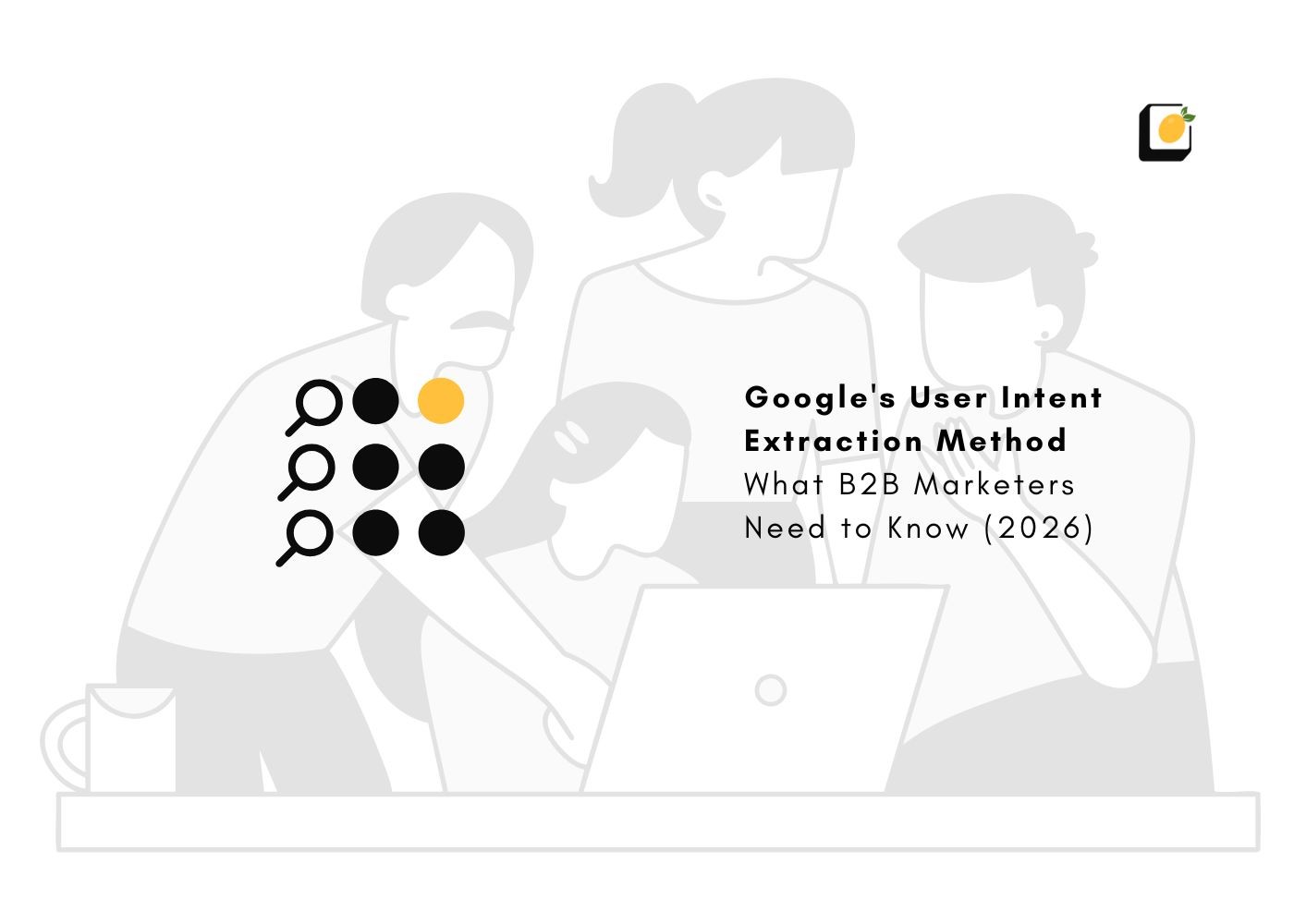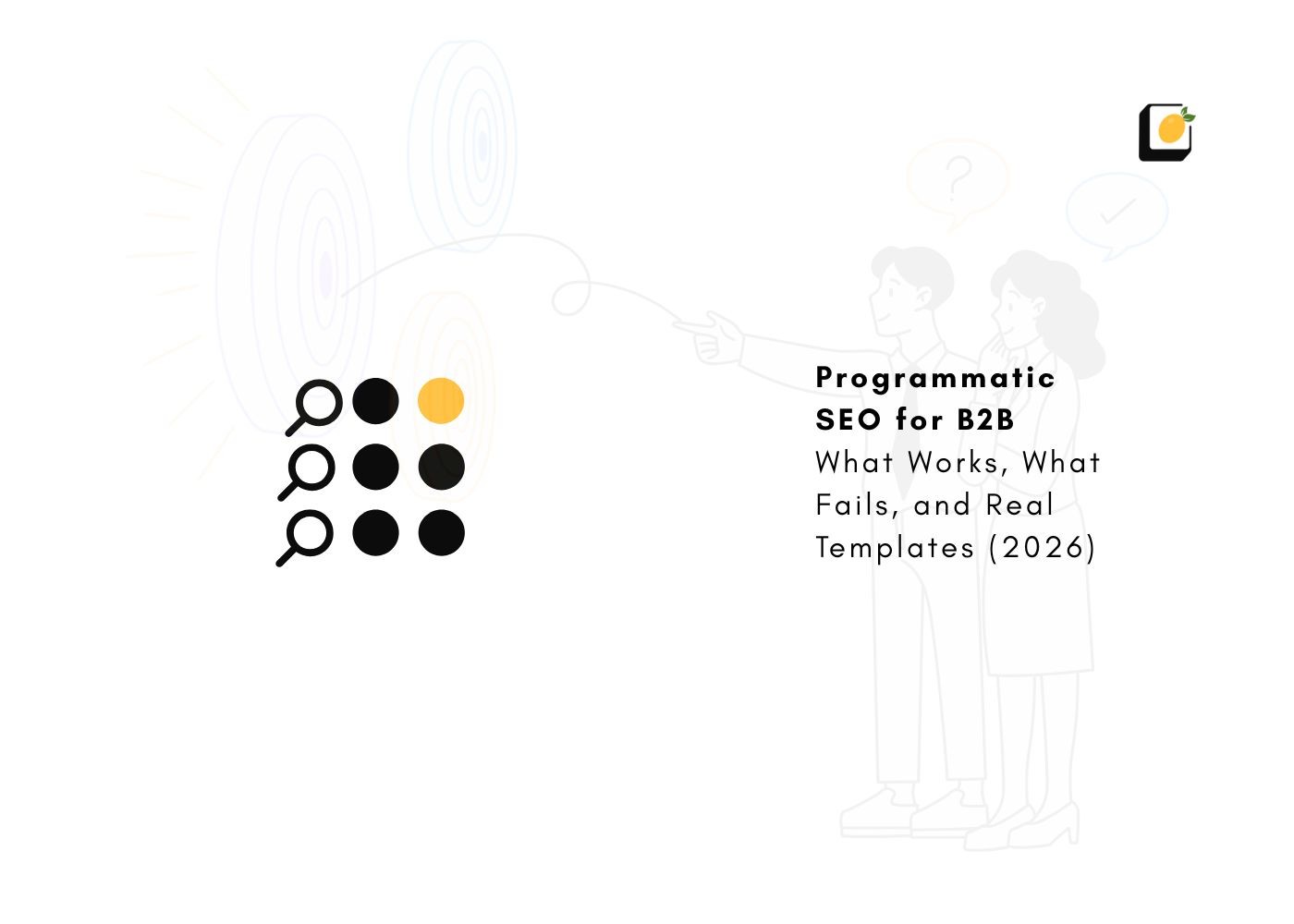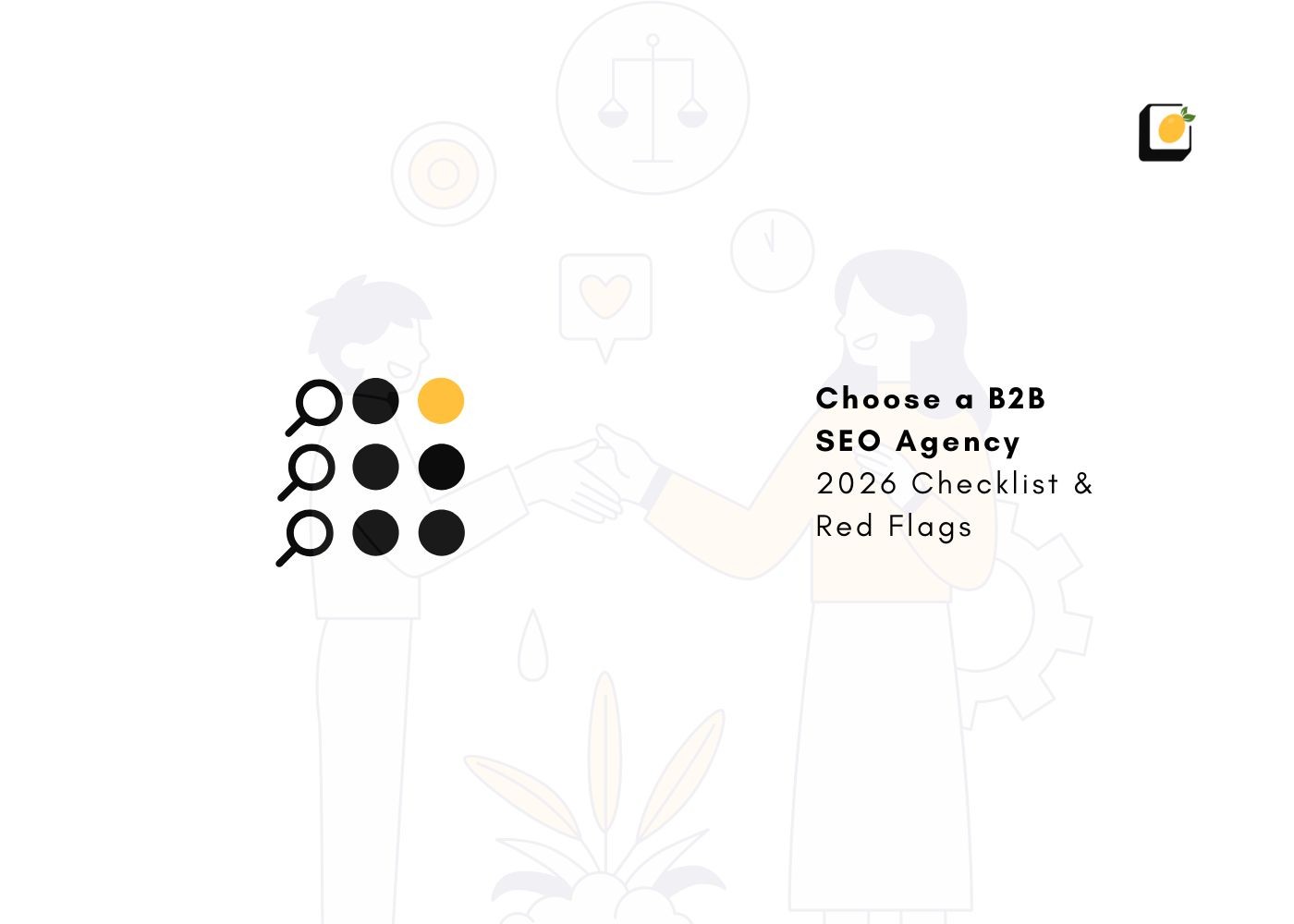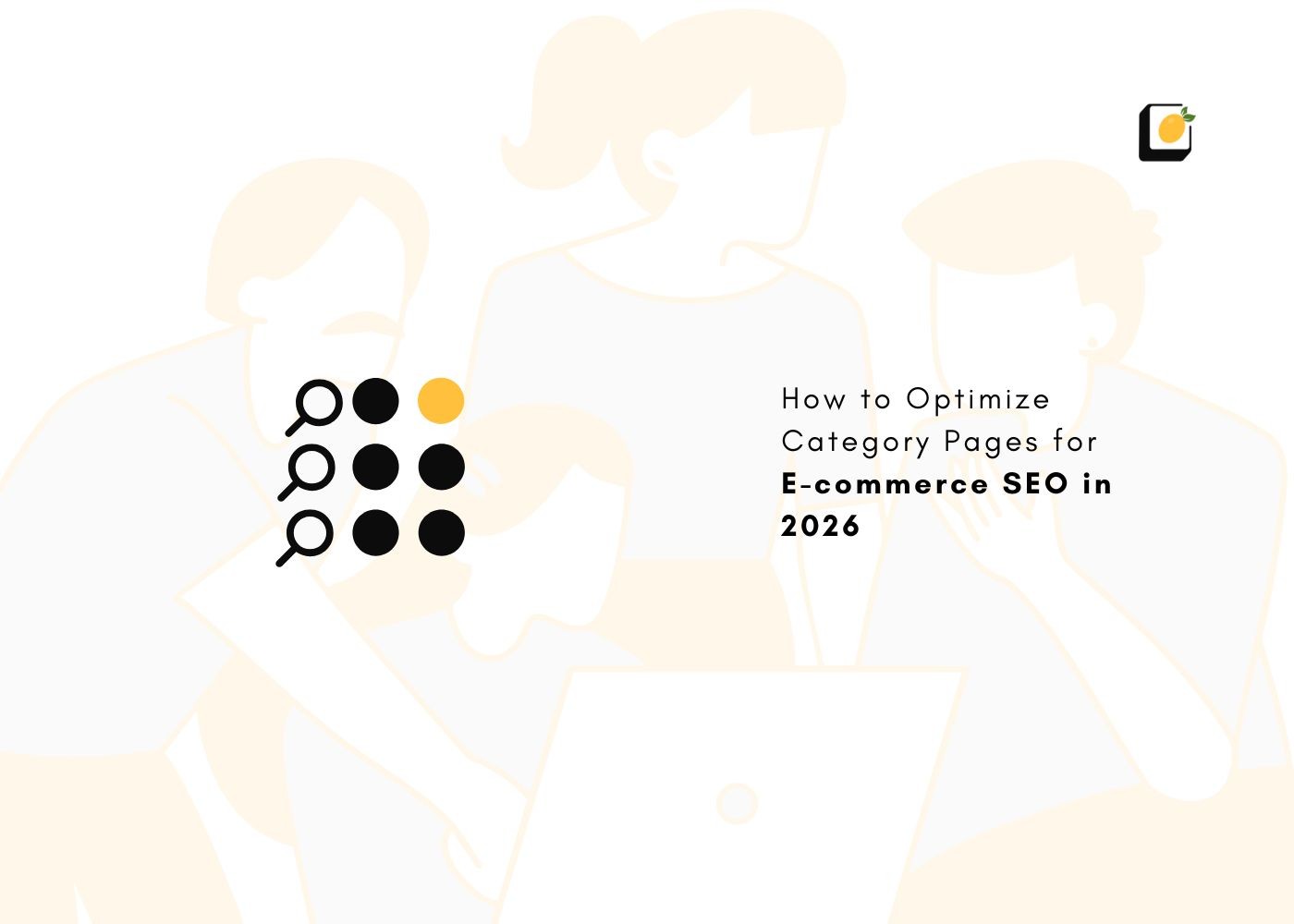Prompt Engineering for SEO: Leveraging AI to Supercharge Your Keyword Research
July 10, 2025
Join 500+ brands growing with Passionfruit!
The intersection of artificial intelligence and search engine optimization has created unprecedented opportunities for digital marketers. As businesses compete for visibility in increasingly crowded search results, prompt engineering SEO emerges as a game-changing approach that transforms traditional keyword research strategies. This comprehensive guide explores how leveraging AI keyword research can revolutionize your SEO efforts and drive sustainable organic search traffic growth.
What Is Prompt Engineering in AI SEO?
Prompt engineering represents the strategic art and science of crafting precise instructions that guide AI language models to generate optimal outputs for search engine optimization techniques. In the SEO context, this means developing carefully structured queries that enable AI tools to uncover valuable keyword opportunities, analyze search patterns, and generate content-optimized strategies that align with user search intent.
How Prompt Engineering Works in the SEO Context
The mechanics of SEO prompt strategies involve creating detailed, context-rich instructions that help AI systems understand your specific SEO objectives. When implementing prompt engineering techniques, marketers provide AI models with clear parameters including target audience demographics, industry-specific terminology, and desired outcomes. This structured approach enables AI-driven SEO tools to process vast amounts of search data and deliver actionable insights for keyword intent categorization and strategic planning.
Effective prompt engineering transforms generic AI responses into highly targeted SEO recommendations. By incorporating specific instructions about semantic search optimization and user behavior patterns, marketers can extract nuanced insights that traditional keyword research methods often miss. This precision drives better SERP analysis with AI and enhances overall search visibility.
Role of Large Language Models in Search Optimization
Large language models like GPT-4 and Claude have revolutionized AI in digital marketing by offering sophisticated natural language understanding capabilities. These models excel at search query understanding and can identify semantic relationships between keywords that human researchers might overlook. When properly prompted, they become powerful allies in content optimization with AI, generating comprehensive keyword clusters and identifying content gaps in your digital strategy.
The integration of generative AI for marketers extends beyond simple keyword suggestions. These models can analyze competitor content, predict emerging search trends, and recommend long-tail keywords that capture specific user intents. This capability makes GPT for keyword research an invaluable tool for modern SEO practitioners seeking competitive advantages.
Why AI and SEO Are a Perfect Match
The synergy between artificial intelligence and search optimization creates multiplicative benefits for digital marketers. AI-driven content generation capabilities complement traditional SEO methodologies by automating time-intensive tasks while improving accuracy and strategic depth. This partnership enables marketers to focus on high-level strategy while AI handles the granular analysis required for effective keyword difficulty analysis.
Reducing Manual Tasks in SEO Keyword Research
Traditional keyword research strategies often require hours of manual data collection, analysis, and interpretation. AI prompt optimization dramatically reduces this workload by automating repetitive tasks such as competitor keyword extraction, search volume analysis, and semantic keyword mapping. This automation frees SEO professionals to concentrate on strategic decision-making and creative content development.
By implementing ChatGPT SEO strategies, teams can generate comprehensive keyword lists in minutes rather than hours. AI tools excel at identifying patterns across massive datasets, uncovering keyword clustering for SEO opportunities that might remain hidden through manual analysis. This efficiency translates directly into faster campaign deployment and improved organic search traffic growth.
Improving the Accuracy of Search Engine Optimization
AI-powered keyword clustering enhances SEO accuracy by eliminating human bias and incorporating data-driven insights at scale. These systems analyze millions of search queries to identify precise user search intent optimization opportunities, ensuring your content aligns perfectly with what users actually seek. This precision is particularly valuable for optimizing for featured snippets and capturing position zero rankings.
The analytical capabilities of AI extend to content gap identification, where algorithms can pinpoint missing topics in your content strategy by comparing your site against top-performing competitors. This comprehensive analysis ensures your SEO efforts target the most impactful opportunities for growth and visibility improvement.
Using AI for Smarter Keyword Search
Smart keyword research powered by AI transforms the traditional approach to SEO keyword analysis. Modern AI systems can process complex search patterns, identify emerging trends, and predict future search behavior with remarkable accuracy. This intelligence enables marketers to stay ahead of algorithm changes and user preference shifts.
How AI Tools Help With Keyword Clustering
AI-powered keyword clustering revolutionizes how marketers organize and prioritize their SEO efforts. These tools analyze semantic relationships between keywords, grouping related terms that share similar search intent. This clustering approach improves on-page SEO with AI by ensuring content comprehensively addresses topic clusters rather than isolated keywords.
Advanced clustering algorithms consider factors like search volume, competition levels, and user intent to create strategic keyword groups. This organization facilitates more effective content planning and helps maintain AI for content relevance across your entire website. The result is stronger topical authority and improved search rankings across related keyword sets.
Prompt Examples That Generate SEO Keywords
Effective prompt engineering for SEO requires specific, actionable instructions. Here are powerful prompt examples:
"Generate 20 long-tail keywords related to [primary keyword] that indicate commercial intent, focusing on questions buyers ask during the consideration phase."
"Analyze the top 10 ranking pages for [keyword] and identify semantic keywords they use that could enhance topical relevance."
"Create a keyword cluster for [topic] including informational, navigational, and transactional search terms with estimated search volumes."
These targeted prompts leverage AI's analytical capabilities to uncover valuable keyword opportunities aligned with your specific SEO objectives.
Best Prompt Techniques for SEO Strategy
Mastering SEO prompt strategies requires understanding how to structure queries that extract maximum value from AI tools. The most effective prompts combine specificity with strategic context, enabling AI to generate outputs that directly support your search optimization goals.
Prompt Structuring for Search Engine Marketing
Successful prompt structuring follows a clear framework: context, objective, constraints, and desired output format. For search engine optimization techniques, this means providing AI with industry context, specific SEO goals, any limitations or requirements, and how you want the information presented. This structured approach ensures consistent, actionable results that align with your marketing strategy.
When crafting prompts for semantic search optimization, include examples of your target audience's language patterns and search behaviors. This context helps AI generate keywords that resonate with your actual users, improving both relevance and conversion potential.
Iterative Prompting for Keyword Refinement
Iterative prompting involves progressively refining AI outputs through multiple rounds of queries. Start with broad keyword discovery prompts, then narrow focus based on initial results. This approach excels at keyword intent categorization and helps identify high-value opportunities within larger keyword sets.
Each iteration should build upon previous insights, incorporating performance data and competitive analysis to sharpen focus. This methodology particularly benefits long-tail keywords discovery, where subtle variations can significantly impact search visibility and conversion rates.
AI SEO Tools That Support Prompt Engineering
The landscape of AI-driven SEO tools continues to expand, offering sophisticated capabilities for prompt-based keyword research and content optimization. These platforms combine traditional SEO metrics with advanced AI analysis to deliver comprehensive optimization solutions.
Tools for Keyword Research Automation
Leading platforms for automated AI keyword research include specialized tools that integrate prompt engineering capabilities. These solutions offer features like bulk keyword generation, automated SERP analysis, and intelligent keyword grouping. Many incorporate GPT for keyword research functionality, allowing custom prompts tailored to specific industries or content types.
Modern automation tools excel at content gap identification by analyzing competitor landscapes and suggesting untapped keyword opportunities. They streamline the research process while maintaining the strategic depth necessary for effective SEO campaigns.
Platforms That Combine SEO and AI
Integrated platforms merge traditional SEO functionality with AI-powered insights, creating comprehensive solutions for content optimization with AI. These tools offer features spanning keyword research, content creation, technical SEO analysis, and performance tracking. Their strength lies in connecting various SEO elements through intelligent automation and data-driven recommendations.
Prompt Engineering for Technical SEO Tasks
Technical SEO benefits significantly from AI-powered analysis and automation. Prompt engineering techniques can identify technical issues, suggest optimizations, and automate implementation of SEO best practices across large websites.
Finding SEO Gaps Using AI Prompts
Strategic prompts can uncover technical SEO gaps that impact search visibility. AI excels at analyzing site architecture, identifying crawlability issues, and suggesting structural improvements. Prompts focused on SERP analysis with AI can reveal technical factors contributing to ranking differences between your site and competitors.
Effective gap analysis prompts combine technical parameters with user experience considerations, ensuring recommendations improve both search visibility and user satisfaction. This holistic approach drives sustainable improvements in organic performance.
Automating Meta Tags and On-Page SEO
On-page SEO with AI streamlines the creation and optimization of meta elements across large websites. Well-crafted prompts can generate compelling title tags and meta descriptions that incorporate target keywords while maintaining readability and click appeal. This automation ensures consistency while adapting to page-specific contexts.
AI-powered automation extends to schema markup generation, internal linking suggestions, and content structure optimization. These capabilities transform time-intensive manual tasks into efficient, scalable processes.
Keyword Search Optimization Using AI
Advanced keyword research strategies leverage AI to uncover opportunities invisible to traditional tools. This approach combines quantitative analysis with qualitative insights to identify keywords that drive meaningful business results.
Prompting for Long-Tail Keywords
Long-tail keywords represent significant opportunities for targeted traffic and conversions. AI prompts designed for long-tail discovery should specify user intent stages, incorporate industry-specific modifiers, and consider voice search patterns. This comprehensive approach uncovers valuable keyword variations that capture specific user needs.
Effective long-tail prompting considers conversational search queries and question-based formats that align with how users naturally search. This strategy particularly benefits optimizing for featured snippets and voice search optimization.
Using AI to Analyze Competitor Keywords
Competitive keyword analysis through AI provides strategic advantages in crowded markets. Prompts can direct AI to identify competitor keyword gaps, analyze their content strategies, and suggest opportunities for differentiation. This intelligence informs both offensive and defensive SEO strategies.
AI prompt optimization for competitive analysis should include instructions for identifying keyword difficulty levels, traffic potential, and strategic value. This multi-dimensional analysis ensures keyword targets align with business objectives and resource availability.
Building a Prompt Library for SEO Marketing
Creating a comprehensive prompt library standardizes AI in digital marketing efforts across teams and campaigns. This resource becomes invaluable for maintaining consistency while enabling customization for specific needs.
Templates for Different Content Types
Develop specialized prompt templates addressing various content formats and SEO objectives. Blog post prompts might focus on informational keywords and topical depth, while product page prompts emphasize transactional terms and conversion optimization. This targeted approach ensures each content type receives appropriate keyword research support.
Template development should consider user search intent optimization patterns specific to each content format. Include variations for different stages of the buyer journey and adjust language to match audience sophistication levels.
Prompts for Blog, Product, and Landing Pages
Blog content prompts should emphasize semantic keyword mapping and topical authority building. Product page prompts focus on commercial intent keywords and feature-specific terms. Landing page prompts balance broad appeal with specific conversion goals, incorporating both branded and non-branded keyword opportunities.
Each prompt type should include instructions for AI-driven content generation that maintains brand voice while optimizing for search visibility. This balance ensures content serves both user needs and search engine requirements.
Common Mistakes in AI Keyword Research
Understanding potential pitfalls helps maximize the value of generative AI for marketers in SEO applications. Awareness of these challenges enables proactive mitigation strategies.
Overfitting Prompts to Specific Results
Overly specific prompts can limit AI's ability to identify valuable keyword variations and related opportunities. While precision is important, excessive constraints may cause you to miss emerging trends or adjacent keyword opportunities. Balance specificity with flexibility to enable comprehensive keyword discovery.
Avoid creating prompts that presuppose outcomes or limit exploration to predetermined keyword sets. Instead, structure prompts that encourage AI to identify patterns and opportunities you might not have considered.
Ignoring Search Intent in Prompt Output
Keyword intent categorization must remain central to your prompt engineering strategy. AI-generated keywords lacking clear intent alignment waste resources and dilute SEO effectiveness. Always verify that suggested keywords match your content's purpose and user expectations.
Incorporate intent verification into your prompt structure by requesting keywords grouped by user intent stages. This approach ensures generated keywords support your conversion funnel and content strategy objectives.
How to Get Started With AI-Powered SEO
Beginning your journey with ChatGPT SEO strategies requires a structured approach that builds complexity gradually. Start with fundamental concepts before advancing to sophisticated prompt engineering techniques.
Simple Prompts for Beginners
Initial prompts should focus on basic keyword discovery and analysis tasks. Examples include:
"List 10 keywords related to [topic] that small businesses might search for" "What questions do people ask about [product/service]?" "Suggest blog post titles for [keyword] that would rank well in search"
These straightforward prompts help familiarize users with AI capabilities while generating immediately useful outputs for SEO keyword analysis.
Building a Workflow That Supports Prompt Engineering
Establish systematic workflows that integrate AI prompt optimization into your regular SEO processes. Document successful prompts, track performance metrics, and continuously refine your approach based on results. This iterative improvement ensures your prompt engineering skills evolve alongside AI capabilities.
Create feedback loops between AI outputs and actual SEO performance to validate and improve your prompting strategies. This data-driven approach maximizes the impact of keyword difficulty analysis and ensures sustainable organic growth.
FAQs
Q1. How can prompt engineering improve SEO performance?
Prompt engineering enhances SEO performance by enabling precise, data-driven keyword research that uncovers hidden opportunities. Well-crafted prompts guide AI to analyze search patterns, identify user intent, and generate comprehensive keyword strategies that traditional methods might miss. This approach improves content relevance, increases organic visibility, and drives higher-quality traffic to your website.
Q2. What are the best AI tools for SEO keyword research?
Leading AI tools for SEO keyword research include platforms that combine natural language processing with traditional SEO metrics. Look for tools offering custom prompt capabilities, semantic analysis features, and integration with existing SEO workflows. The best solutions provide comprehensive keyword clustering, competitive analysis, and content optimization recommendations powered by advanced AI models.
Q3. Can AI replace manual keyword research?
AI enhances rather than replaces manual keyword research by automating data-intensive tasks while preserving human strategic oversight. AI excels at pattern recognition, large-scale analysis, and generating initial keyword ideas. However, human expertise remains crucial for understanding business context, verifying relevance, and making strategic decisions based on AI-generated insights.
Q4. How do you write effective prompts for SEO?
Effective SEO prompts combine specificity with strategic context. Include your target audience, industry details, desired keyword types, and specific SEO objectives. Structure prompts with clear instructions about output format and any constraints. Test and refine prompts based on results, maintaining a library of proven templates for different SEO tasks.
Q5. Is prompt engineering useful for technical SEO?
Prompt engineering proves highly valuable for technical SEO tasks including site audits, schema markup generation, and identifying crawlability issues. AI can analyze technical factors at scale, suggest optimizations, and automate repetitive technical tasks. Well-designed prompts help uncover technical problems impacting search visibility and provide actionable solutions.
Q6. What are examples of prompts for SEO content creation?
Effective SEO content creation prompts include: "Generate an outline for a comprehensive guide about [topic] targeting [primary keyword], including related subtopics and LSI keywords" or "Create meta descriptions for [URL] incorporating [keyword] while maintaining 155-character limit and encouraging clicks." These prompts combine content requirements with SEO optimization goals for maximum effectiveness.


